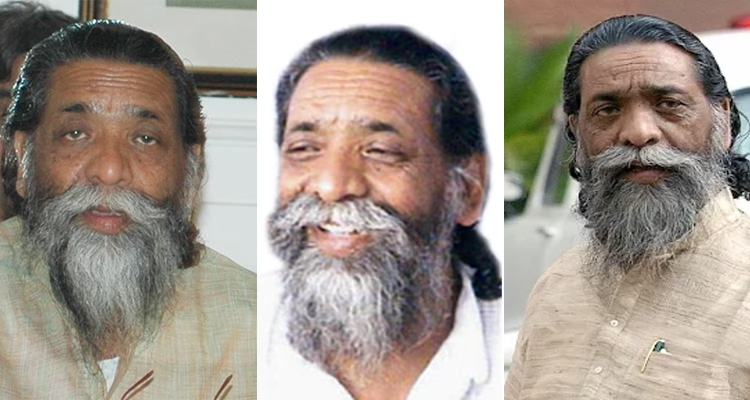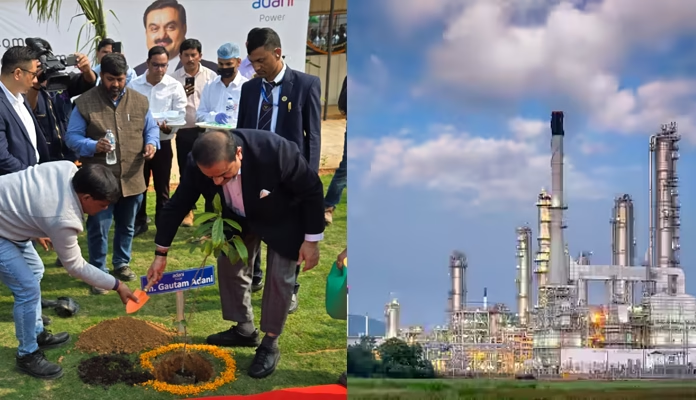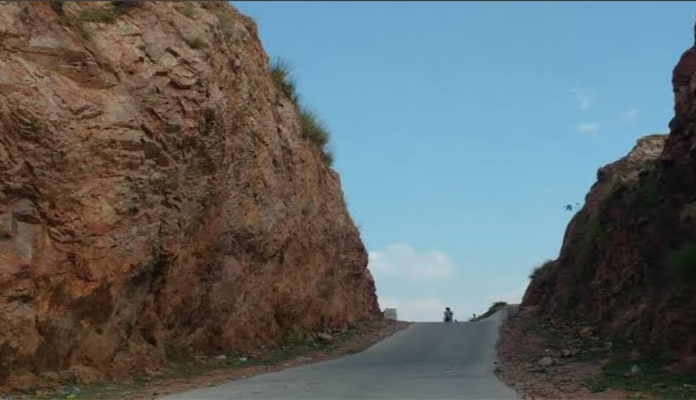
“From an underground tribal warrior to the architect of Jharkhand
and a shrewd Delhi strategist—Shibu Soren’s life
was a tale of resistance, resilience, and political reinvention.”
by Ashis Sinha
New Delhi/Ranchi : Shibu Soren, the iconic tribal leader and founder of the Jharkhand Mukti Morcha (JMM), passed away at the age of 81 on Sunday morning after a prolonged illness at Delhi’s Sir Ganga Ram Hospital. Revered as “Dishom Guru” (the people’s guru), Soren was not just a politician—he was a movement in himself.
Born in 1944 in the remote village of Nemra in Ramgarh district, Soren transformed personal tragedy into public revolution. After his father was allegedly killed by moneylenders, young Soren—only 18 at the time—launched the Santhal Navyuvak Sangh, a youth movement that laid the foundation for what would become a decades-long struggle for tribal rights and Jharkhand’s statehood.
The Man Who Didn’t Just Lead Movements—He Lived Them
Soren’s name is inseparable from the grassroots struggle known as the ‘Dhan Katni Andolan’—where tribal women harvested paddy crops on land seized by landlords, while the men stood guard with bows and arrows. These acts of defiance soon coalesced into a political movement, leading to the formation of the Jharkhand Mukti Morcha (JMM) in the early 1970s, alongside leaders A.K. Roy and Binod Bihari Mahato.
For years, Soren lived like a guerrilla leader—evading arrest, operating from forest hideouts in Parasnath. His growing influence eventually caught the attention of then Prime Minister Indira Gandhi, who is believed to have facilitated his surrender at the Tundi police station—marking his official entry into national politics.
From Jungle Trails to Parliament’s Floor
In 1980, Soren was elected as MP from Dumka for the first time. He would go on to win six Lok Sabha elections, emerging as the uncompromising voice of tribal India. His persistent demand for a separate Jharkhand state bore fruit on November 15, 2000, when Jharkhand was officially carved out of Bihar.
Soren served three short terms as Chief Minister of Jharkhand—in 2005, 2008, and 2009—each shaped by coalition politics and legislative instability. Yet, the JMM remained a consistent political force, with leadership eventually passing to his son Hemant Soren, the current Chief Minister.
Soren also held the Union Coal Minister portfolio thrice under the UPA government led by Dr. Manmohan Singh, though his time in office was marred by legal challenges and controversy.
Trials, Turmoil & Tenacity
Soren’s journey was often shadowed by serious allegations. In the infamous 1975 Chirudih massacre, he was declared an absconder. In 2006, he became the first Union Minister to be convicted in a murder case—that of his personal secretary, Shashi Nath Jha, who was kidnapped and killed in 1994.
He was sentenced to life imprisonment, but acquitted in 2007 by the Delhi High Court for lack of evidence—a verdict upheld by the Supreme Court in 2018.
Even in his final years, Soren was under scrutiny. In 2024, a Lokpal complaint accused him and his family of benami land deals and abuse of office—charges still under investigation.
The Bokaro Chapter: The Soul of the Jharkhand Struggle
Bokaro was more than a battleground—it was Soren’s stronghold. During the height of the Jharkhand movement in 1993, Soren arrived in Bokaro under cover of darkness—traveling by truck and then by bike—visiting remote villages through the night.
There were no cameras, no fanfare—only whispered meetings and fervent appeals. At Jainamod, he launched a night-long mobilisation, riding through the countryside before disappearing towards Jamtara the next morning. It wasn’t a rally—it was a revolution without lights.
Dhan Katni Andolan: When Fields Became Political Stages
In villages like Araju, Beldih, and Navadih, tribal women defiantly harvested crops seized by landlords—reclaiming land and dignity. The movement rattled the authorities. When a moneylender was later murdered, Soren was accused in the case—but in the public eye, his image only grew stronger.
The Three-Month Protest at Tenughat
When the Tenughat Thermal Power Station was established, four tribal villages were displaced. Soren camped there for three months, demanding jobs and compensation for the victims. Alongside leaders like Babuchand Baske, he turned anger into action.
The Revolutionary Jeep and the Diesel Engine
Soren’s rugged jeep became a symbol of his tireless travels. Local mechanic Shamu Raju modified it with a diesel engine to withstand long journeys through rural, undeveloped terrain. That jeep would take Soren across Bermo, Jainamod, and Tenughat—where there were no roads, no lights, just the fire of agitation.
The Tea of Revolution: Rajbali Miyan’s House in Jainamod
Whenever Soren reached Jainamod, he stopped at Rajbali Miyan’s house. Over tea, they planned and strategised future agitations. Many of those kitchen-table meetings sparked movements that would later shake governments.
A Statement That Still Echoes
At one rally, Soren declared:
“If anything happens to Kashinath Kewat, Bermo will shut down for three days.”
Even today, that line brings tears to the eyes of those who heard it. It wasn’t rhetoric—it was a promise from a leader deeply rooted in people’s pain.
“Why don’t these stories reach Delhi?”
Because they weren’t captured in photographs or headlines. These were silent revolutions—fought in fields, forests, and midnight bike rides.
Final Farewell to the People’s Guru
Soren breathed his last at 8:56 AM, surrounded by family and senior JMM leaders. His body will be flown to Ranchi, where full state honors will be accorded during the last rites. Tributes poured in from across the political spectrum—Prime Minister Narendra Modi, President Droupadi Murmu, Rahul Gandhi, Mamata Banerjee, Akhilesh Yadav, and many others offered condolences.
The Legacy Lives On
Shibu Soren was more than a politician—he was the soul of Jharkhand. From bows and arrows to ballots, from grassroots protests to Parliament speeches—his life encapsulated the tribal struggle for identity, dignity, and justice.
Even amidst controversies, his role in shaping Jharkhand is indisputable.
He didn’t just demand a state—he breathed life into it.
“Jharkhand will forever remember him not just as a leader—but as its creator.”
— Hemant Soren, Chief Minister of Jharkhand




